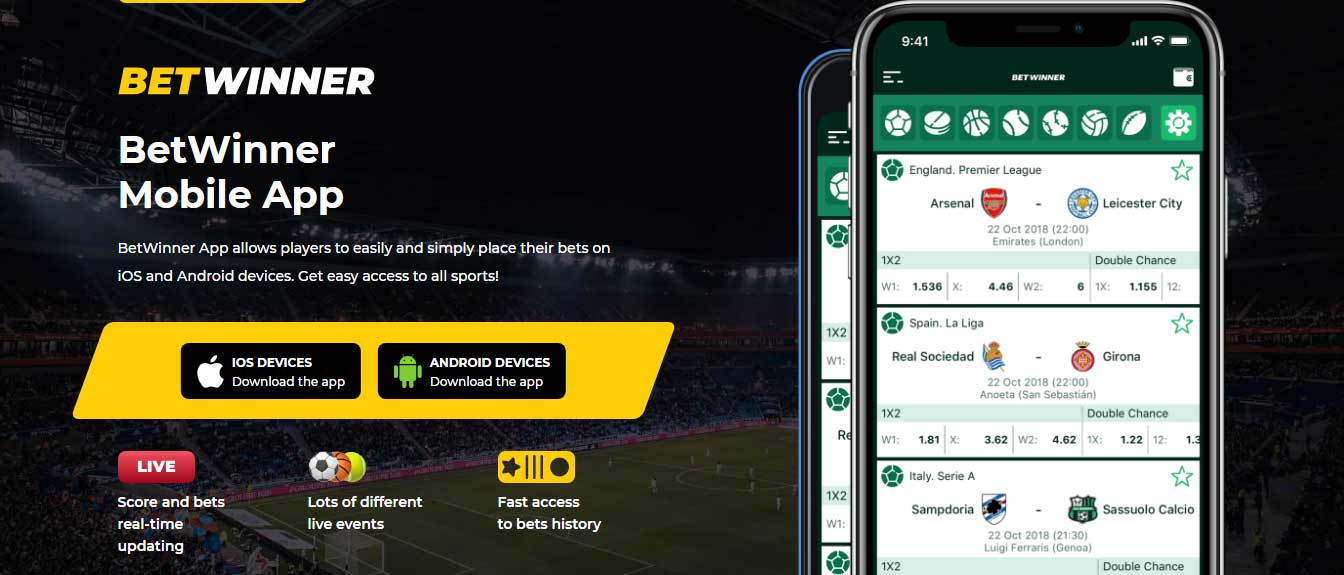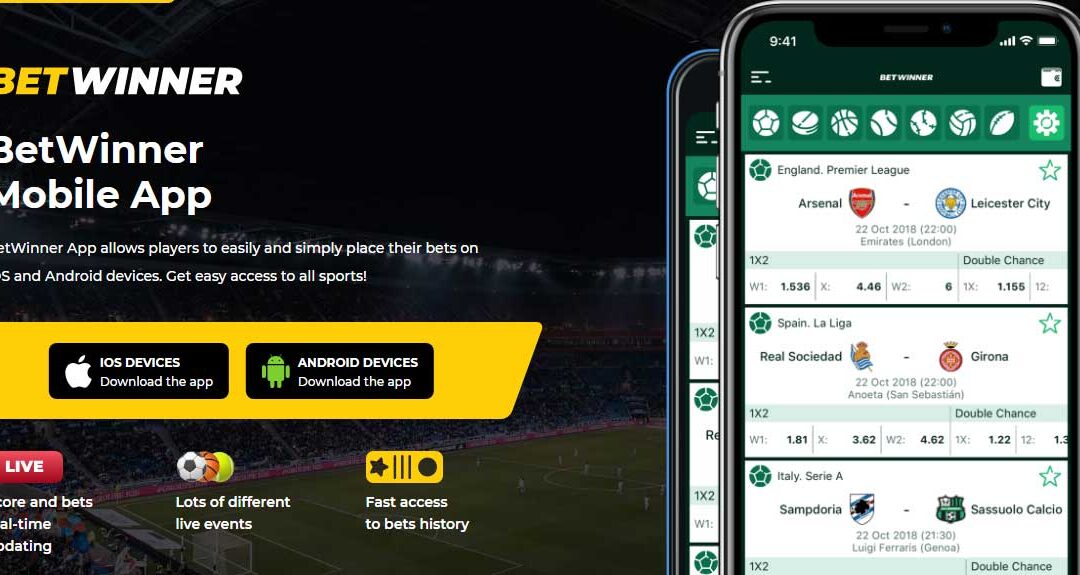
23 vip taka has emerged as a term associated with premium-access services, enhanced user experiences and a distinctive membership tier in a variety of online platforms. Whether encountered in gaming, payment systems, or loyalty programs, the concept behind this label generally implies priority treatment, exclusive rewards and tailored features designed to elevate the user’s interaction. This article unpacks what such VIP offerings commonly include, how to evaluate their value, and how to use them responsibly and securely.
Understanding the essence of a VIP tier begins with recognizing the primary value propositions: time savings, personalized attention and enhanced rewards. For many users, the appeal is straightforward — reduced waiting times, higher withdrawal or payout limits, bespoke customer support channels, and access to special promotions that are not available to regular users. In many contexts, a VIP label also signals recognition of loyalty over time, providing perks that encourage continued engagement and higher levels of participation.
When assessing whether a VIP program is a good fit, consider both tangible and intangible benefits. Tangible benefits include financial perks such as improved odds, cashback programs, bonus credits, or lower transaction fees. Intangible benefits involve priority communication with support representatives, invitations to exclusive events, or the prestige associated with a higher status. A balanced evaluation weighs the cost of achieving or maintaining VIP status against the practical utility of the perks offered.
Costs can take various forms: some programs require a fee to join, others demand sustained activity or staking thresholds to maintain status, and a few may be invitation-only. Users should calculate the break-even point — how much additional value the VIP perks will yield relative to the expense or extra activity required. For example, if higher withdrawal limits are valuable to someone who routinely moves large sums, the VIP tier might be essential. Conversely, if perks are largely cosmetic or rarely used, the same user might find little financial justification for the upgrade.
Security and privacy are paramount when engaging with any premium service that involves financial transactions or personal data. Always confirm that the platform employs established security measures: SSL/TLS encryption for data transmission, secure authentication mechanisms (two-factor authentication when available), and transparent privacy policies explaining how personal data is stored and used. VIP clients often hold higher balances or enjoy faster transactions, which can make them attractive targets for fraud. Regularly monitoring account activity and using unique, strong passwords are basic but effective protections.
Another critical consideration is the reputation and regulatory compliance of the service provider. Platforms that operate within clear regulatory frameworks and maintain transparent business practices are generally safer choices. Look for third-party audits, publicly available licensing information, and user reviews from multiple independent sources. A strong track record in customer service responsiveness is a positive sign — especially important for users who depend on priority support as part of their VIP experience.
Customer support is often the most visible differentiation for VIP users. Dedicated account managers or priority support channels can significantly reduce friction when resolving disputes, processing special requests, or troubleshooting complex issues. When evaluating VIP service, inquire about guaranteed response times, escalation procedures, and the degree of influence a VIP account manager has in resolving matters. Knowing what level of service to expect prevents misunderstandings and sets realistic expectations for support performance.

Another practical aspect to assess is flexibility in payment and withdrawal options. VIP users frequently expect expedited processing, higher limits, and a wider variety of supported currencies or transfer methods. Confirm which payment rails are supported, whether there are daily or monthly caps, and how quickly funds are typically processed for VIP clients. Additionally, clarify any fees associated with expedited services — sometimes the marginal speed advantage comes with a premium that users should factor into their cost-benefit analysis.
Responsible engagement with VIP tiers is essential. Because enhanced access and rewards can incentivize increased activity, users should set personal limits and budgets to avoid disproportionate spending or risky behavior. Tools such as deposit limits, cooling-off periods, self-exclusion options and activity reports are practical aids for maintaining control. Platforms offering VIP services should also provide clear channels and resources for support around potentially harmful patterns of use, and users should not hesitate to seek help if they notice negative trends.
Transparency in terms and conditions is another non-negotiable requirement. Ensure all bonus structures, rollover requirements, eligibility criteria and termination clauses are clearly documented. Ambiguities can lead to disputes and dissatisfaction — especially when special offers or priority treatment are part of the VIP promise. Ask for written confirmation of any bespoke arrangements made by an account manager, and keep records of communications regarding special terms.
For those seeking to attain VIP status, practical steps include maintaining consistent activity levels, engaging with support in a constructive manner, and demonstrating loyalty through selective use of available services. Some platforms offer structured loyalty systems where points accumulate based on activity, while others may extend invitations to those who meet explicit thresholds. Networking within communities and participating in official promotions can also accelerate the path to VIP recognition.
As with any premium offering, periodic reassessment is advisable. The value of VIP status can shift over time as platform policies, market conditions and personal needs change. Regularly review whether the perks still justify the cost or effort, and remain open to switching providers if a better fit emerges. Ideally, VIP membership should adapt to your evolving priorities, not become an inert recurring expense.
In summary, VIP tiers such as those labeled under terms like 23 vip taka can be worthwhile for users who place a high premium on time savings, enhanced support and exclusive financial or experiential perks. The decision to pursue VIP status should be grounded in a careful evaluation of costs, a commitment to secure practices, and a plan for responsible use. When chosen wisely and managed thoughtfully, VIP access can transform routine interactions into streamlined, high-quality experiences that align with personal and financial goals.
Finally, keep in mind that premium status is a tool — its effectiveness depends on how well it matches your objectives. Prioritize platforms with transparent policies, robust security, and clear value propositions, and use VIP access to enhance, not replace, sensible financial and personal safeguards. That approach will help ensure that your VIP experience is both rewarding and sustainable over time.

